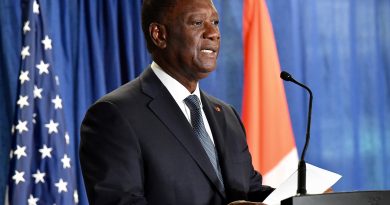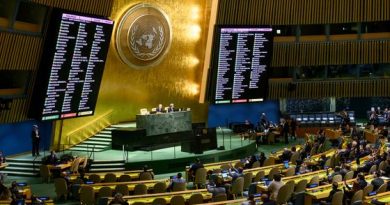India’s Rupee Ban Causes Widespread Panic
By Mariah McCloskey
Staff Writer
On November 8th 2016, Indian Prime Minister Narendra Modi, along with Nepal’s central bank, Nepal Rastra, issued a directive to all banks set a ban on 500 and 1000 rupee banknotes. This ban on the 500 and 1,000 rupee notes, worth about $8 and $15 respectively, will remove about 80 percent of the currency in India’s circulation, according to the New York Times.
Trade policy professor Eswar S. Prasad of Cornell, told the New York Times that the new policy puts India at the leading edge of countries restricting the use of high-denomination currency notes, which are seen as mostly fueling illegal activities rather than legitimate commerce.
By championing the poor and fanning class resentment, Mr. Modi created a support base that was non-sectarian in terms of caste or religion, according to The Economic Times. In 2014, running on an anticorruption platform, he won the election after he pledged to fight to prevent and end unaccounted-for cash, or black money.
His current ban is an attempt to curb the flow of counterfeit money that was allegedly used for funding terrorism, and to help the government clean up a corrupt system that has relied on cash to pay bribes and avoid taxes.
The Economic Times reports that Mr. Modi said people can exchange the banned notes with smaller denominations or with new bills through December 31st, 2016.
Banks have also been advised to increase the issuance of mobile accounts and debit cards, in order to provide them to customers as an alternative to cash payment.
Chairman of Housing Development Finance Corporation and one of India’s largest mortgage lenders, Deepak Parekh, said that the ban will be disruptive and inconvenient, but worth it in the long run.
For the common man, however, the ban has resulted in closed banks and mass hysteria. BBC reports terrified people are assembling at banks and ATMS to deposit expired money, and to withdraw lower denominations to protect their livelihood.
Delhi Chief Minister Arvind Kejriwal appealed to Mr. Modi to withdraw the ban, saying, it has created huge problems for ordinary people.
According to the Indian Express, after Mr. Modi’s address to the nation in which he disclosed that he kept the decision quiet to prevent holders of vast amounts of unaccounted-for cash from outwitting the ban, Kejriwal asked “Does this mean that the markets will remain closed for the next 50 days? How can farmers survive? Will people keep standing in queues for 50 days?… If law and order problems crop up, it will become difficult to control the situation, Modiji.”
Although the government has tried to reassure worried citizens that only tax dodgers will suffer under the move, The Straits Times reports that chaos has ensued among honest, tax-paying and low-income Indians.
Overcrowded banks and empty cash machines have become a common sight within the past few days. There are stories of desperate people unable to pay for cremations and hospital admissions. Chaos and concern are present in most households.



